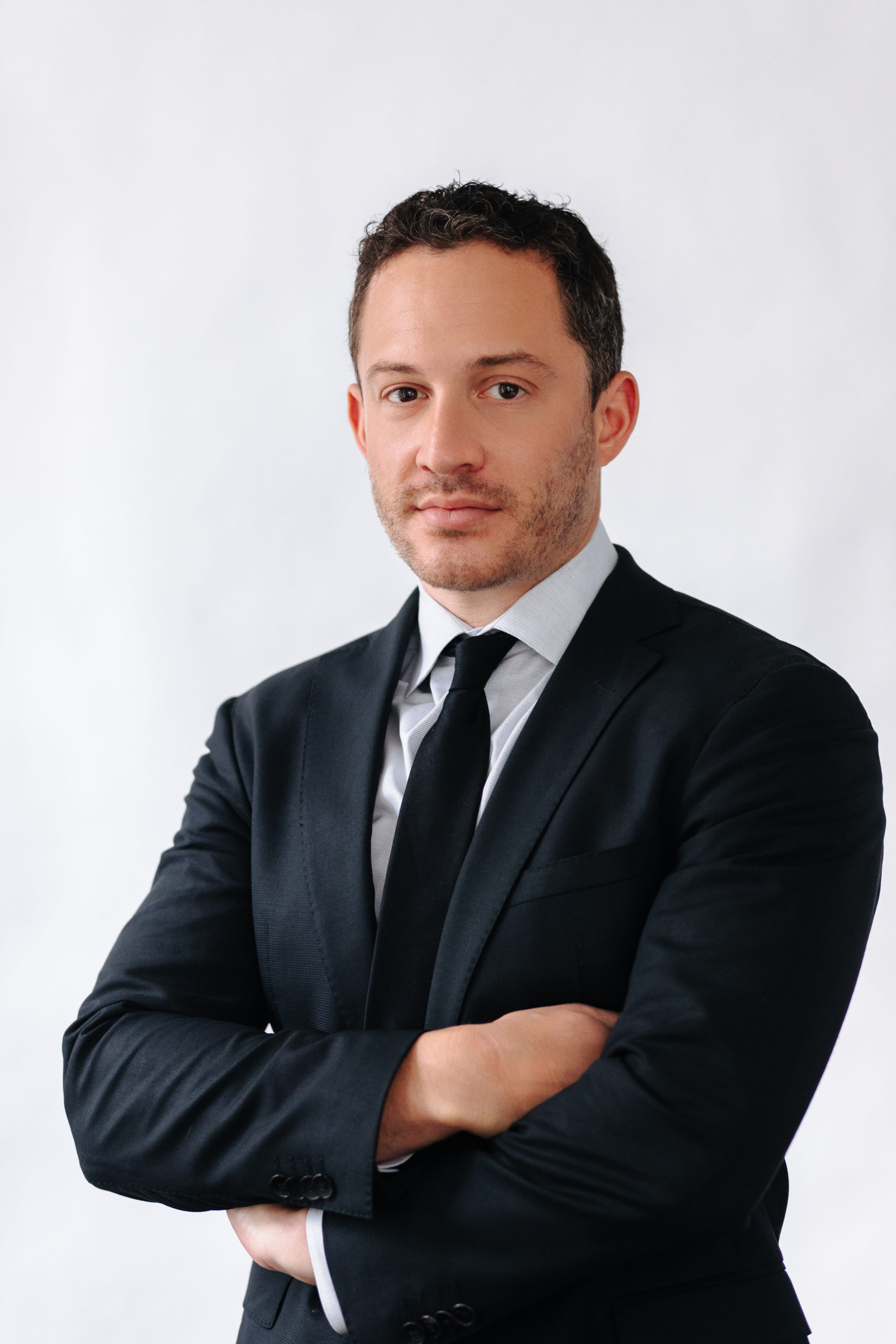Sean Frank is well known within the business and finance community as a highly successful young entrepreneur. He started his first business, a white glove service web hosting provider, at the age of 12 in his spare time after school. By the time he reached high school, Sean was earning more money than his teachers. While in his early 20s, he launched an investment management firm to leverage his extensive experience and education—Cloud Equity Group.
Cloud Equity Group is a multi-strategy investment management firm with a strong focus on leveraged buyouts of tech-enabled service providers. The company started out investing capital on behalf of Sean and his close circle of friends and family. Today, Cloud Equity Group manages and invests discretionary capital for a large number of high-net-worth individual, family office, and institutional clients.
When Sean first founded Cloud Equity Group in 2013, despite having a lengthy track record of strong investment performance, he was disadvantaged in that he was half the age of most other investment managers on Wall Street. Although prospective investors were impressed with his lengthy background and long list of accomplishments at such a young age, his ability to convince investors to hire him to manage their money to execute the same investment strategy he had almost two decades of experience executing proved to be difficult for no reason other than his young age.
In a talk he gave at Harvard Business School to entrepreneur students, Sean outlined three major tactics that helped him overcome this obstacle and grow Cloud Equity Group into the successful investment management firm that it is today.
First, Sean urged that persistence is key and that giving up is not an option. In Malcom Gladwell’s book Outliers, he introduces the theory of 10,000 hours – a concept whereby in order to be the best in any field or profession, you need to put in at least 10,000 hours to that task. The road to this milestone is not always easy and it is not just about putting in the time.
Regardless of what the field or profession is, one will hit roadblocks and setbacks. To be successful, according to Sean, “You need to be willing to push past the inevitable roadblocks that you will encounter and to work hard to overcome the complex problems. Where most people stop or fail, the thing that differentiates the successful entrepreneur is that he or she will have the drive to keep going”.”
Second, Sean adds, is that you need to be confident in yourself. At the end of the day, people will always look for reasons to doubt you or give logic as to why they think you will fail. You need to be willing to look someone in the eyes, someone who may be far smarter and more experienced than you, and to tell them why you will not fail and why you are right. You need to be confident in yourself and to be able to convey that confidence to other people. If you are not confident in yourself, why should someone else be confident in you?
Last but not least, he concluded that he had to address the age bias head-on. So, every time he had a meeting, Sean would point out that the number one roadblock he had at the time was his young age.
Then, he would point out all of the accomplishments he achieved at such a young age. This tactic would always change the investors’ opinions; instead of doubting him, they started admiring him. After all, Sean’s resume was already quite remarkable by this point in his career.
Sean believes that these three simple strategies were very useful for him to conquer the age bias he had to face. He added that these strategies can be used to overcome other types of discrimination in the workplace as well.
Sean says,
At the end of the day, your success is tied to your ability to exude confidence in what you are doing. As long as you work hard, stay confident, and address all your problems head-on, you can overcome anything.
This is a Contributor Post. Opinions expressed here are opinions of the Contributor. Influencive does not endorse or review brands mentioned; does not and cannot investigate relationships with brands, products, and people mentioned and is up to the Contributor to disclose. Contributors, amongst other accounts and articles may be professional fee-based.

